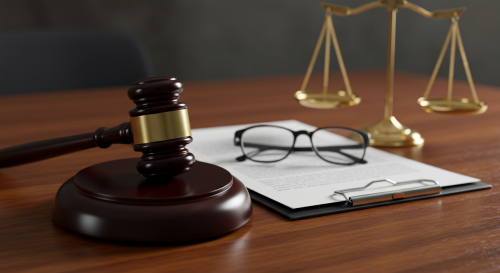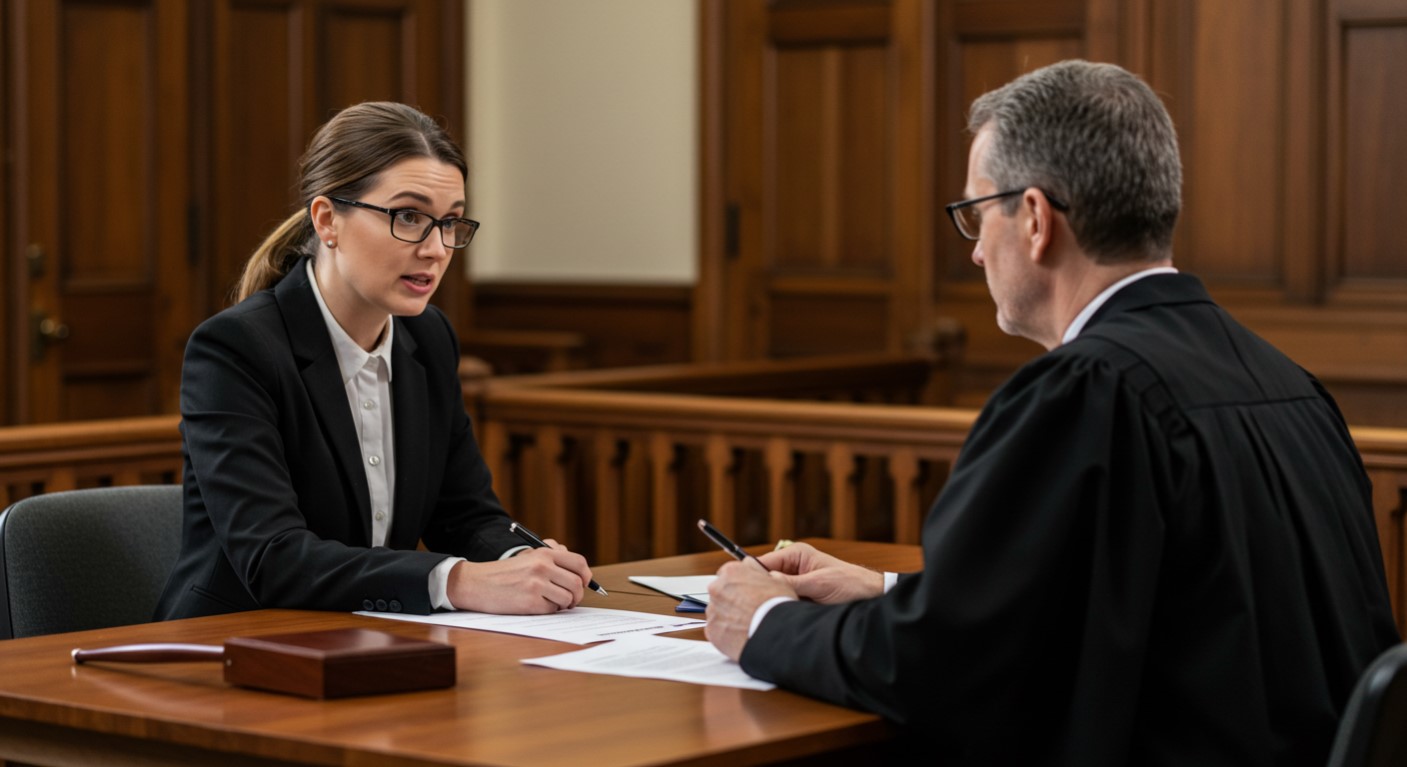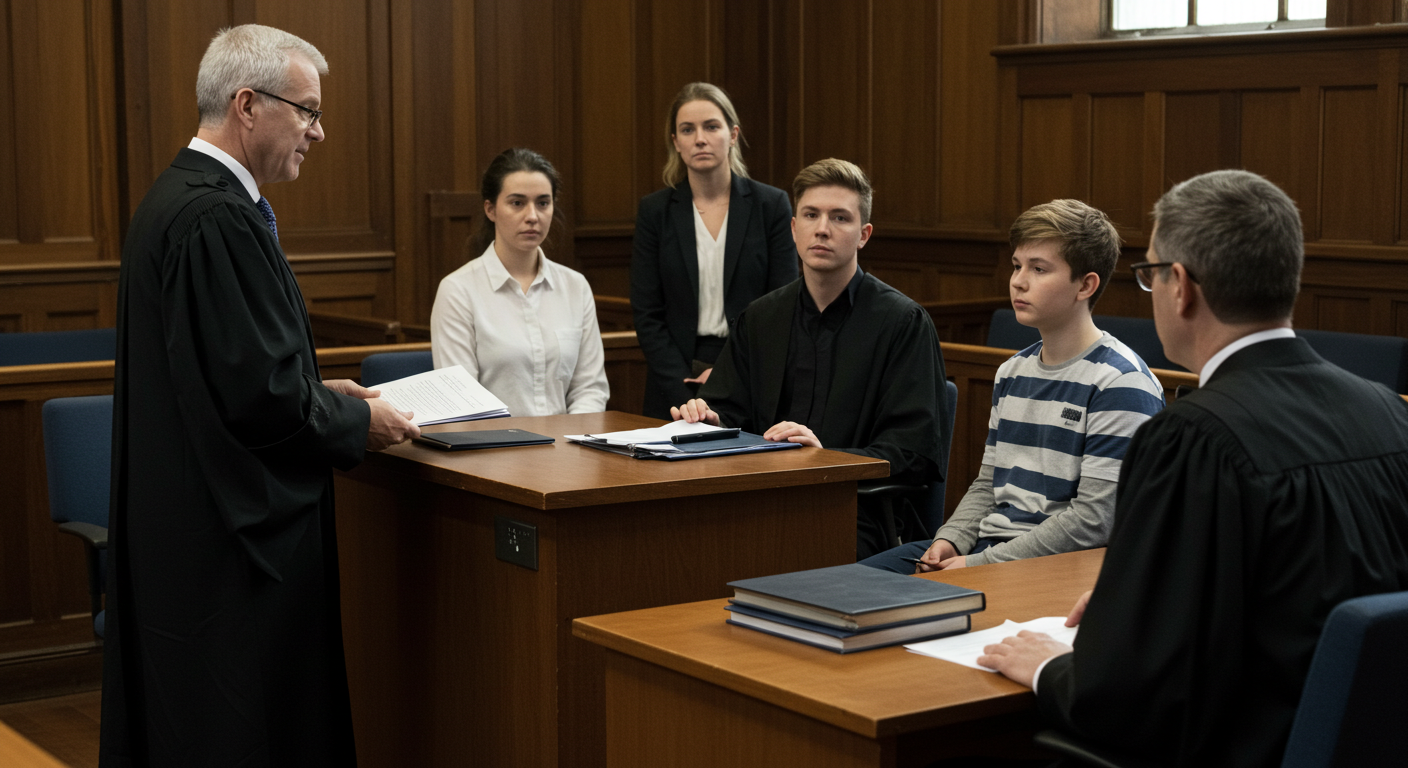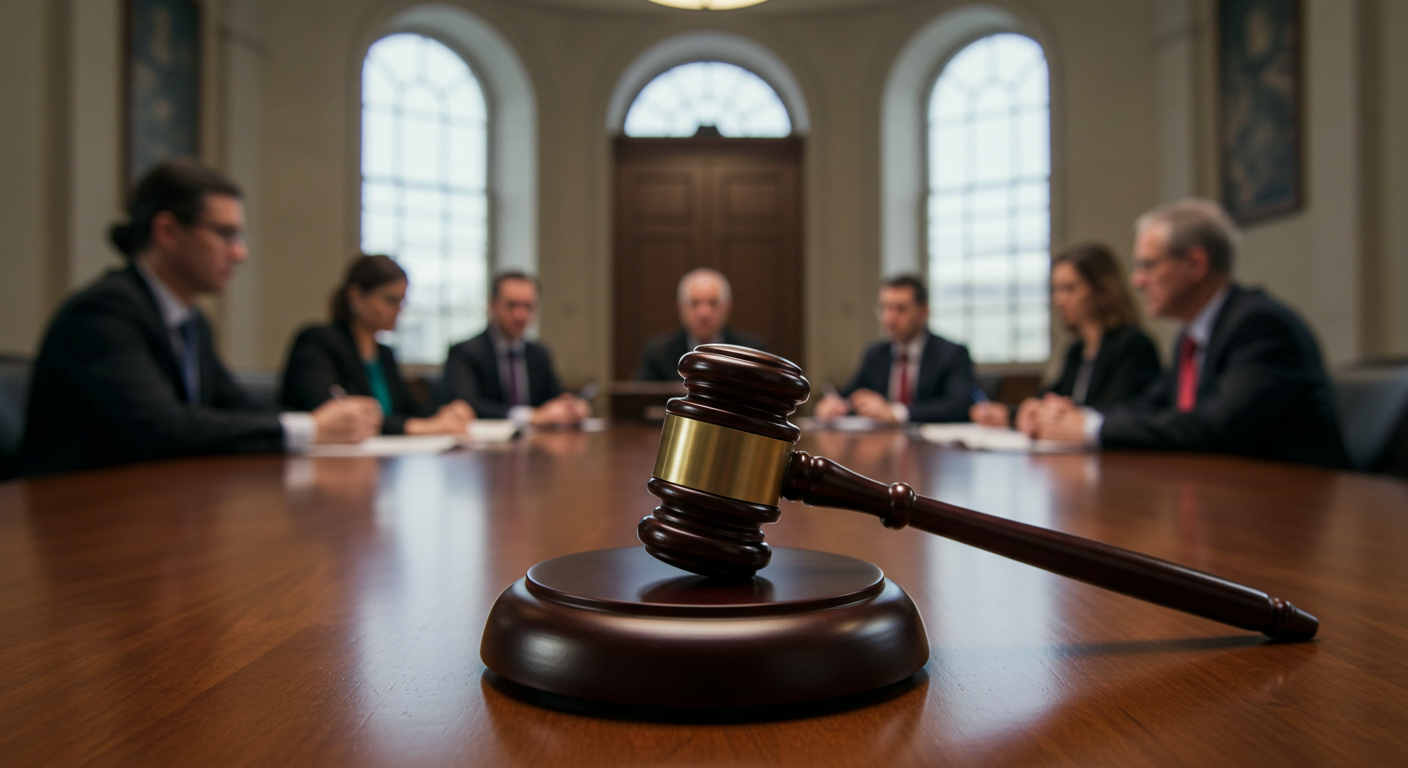Strict Liability in English Criminal Law: Unraveling Its Meaning and Implications

Strict Liability in English Criminal Law: Unraveling Its Meaning and Implications
In the realm of English criminal law, the concept of strict liability stands out for its unique approach to determining guilt. Unlike most criminal offences, which require proof of intent or negligence, strict liability offences do not necessitate demonstrating the defendant’s state of mind.
This article delves into the meaning of strict liability in criminal law, its rationale, examples, and the broader legal implications in England.
Defining Strict Liability

Strict liability in criminal law refers to offences where the prosecution does not need to prove the defendant had any intention (mens rea) to commit a crime. The mere act (actus reus) of committing the offence is sufficient for a conviction.
This means that even if the defendant had no intention to break the law or was unaware that they were doing so, they can still be found guilty.
Rationale Behind Strict Liability
- Public Protection: Strict liability is often applied in areas where public safety, health, and welfare are at stake. By removing the need to prove intent, the law aims to encourage higher standards of care and diligence.
- Simplification of Prosecution: These laws simplify the legal process by focusing on the act itself rather than the subjective state of mind of the accused.
- Deterrence: Strict liability is thought to serve as a deterrent, encouraging individuals and businesses to comply with regulations that protect the public interest.
Examples of Strict Liability Offences

- Traffic Violations: Speeding or driving without insurance are classic examples where the driver’s intention is irrelevant.
- Statutory Rape: Engaging in sexual activity with a minor, where the minor’s age makes consent irrelevant.
- Environmental Breaches: Illegal dumping of hazardous waste, regardless of whether the perpetrator was aware of the waste’s hazardous nature.
Implications of Strict Liability
- Lower Threshold for Conviction: Strict liability lowers the threshold for securing a conviction, as the prosecution only needs to prove that the act occurred.
- Controversy and Criticism: This approach can be controversial, as it challenges the traditional notion that criminal liability should involve a guilty mind.
- Limited Defences: Defences against strict liability offences are typically restricted. However, some defences like mistake of fact or due diligence may be applicable in certain circumstances.
The Importance of Legal Advice

Given the complexities and potential harshness of strict liability offences, seeking legal advice is crucial:
- Understanding the Law: Legal experts can help in understanding the nuances of strict liability offences.
- Formulating a Defence: Although defences are limited, a lawyer can assess whether any apply and can argue for mitigating circumstances.
- Navigating Legal Proceedings: Expert legal representation is invaluable in court proceedings, especially in cases where the implications of a conviction can be significant.
Conclusion: Understanding the Strict Liability in English Criminal Law

Strict liability in English criminal law represents a pragmatic, albeit sometimes controversial, approach to regulating certain types of behaviour and activities for the greater public good.
While it streamlines the prosecution process and enhances compliance with laws deemed crucial for public safety and welfare, it also raises significant questions about fairness and justice, particularly for those unwittingly caught in its net.
Therefore, individuals or entities facing strict liability offences should seek experienced legal counsel to navigate these complex legal waters effectively, ensuring that their rights are protected and that they receive a fair hearing.
Notice: Informational Content Disclaimer
The content provided on this website, including articles, blog posts, and other informational materials, is intended for general informational purposes only. It is not intended as, and should not be considered, legal advice.
Visitors to this website should be aware that the information presented here is not a substitute for seeking legal advice from a qualified solicitor or legal professional. Each individual's legal situation is unique, and the information provided may not be applicable to specific circumstances.
If you require legal advice or have specific legal questions, we encourage you to contact us directly. Our experienced team of solicitors is here to assist you with your legal needs and provide tailored advice to address your concerns.
Please be advised that any communication through this website, including the use of contact forms or email, does not create a solicitor-client relationship. Confidential or time-sensitive information should not be sent through this website. To establish a solicitor-client relationship and discuss your legal matters in detail, please contact us for a consultation.
We strive to provide accurate and up-to-date information, but we make no representations or warranties regarding the accuracy, completeness, or suitability of the information contained on this website. We shall not be liable for any reliance placed on the information provided herein.
Thank you for visiting our website. We look forward to the opportunity to assist you with your legal needs.




